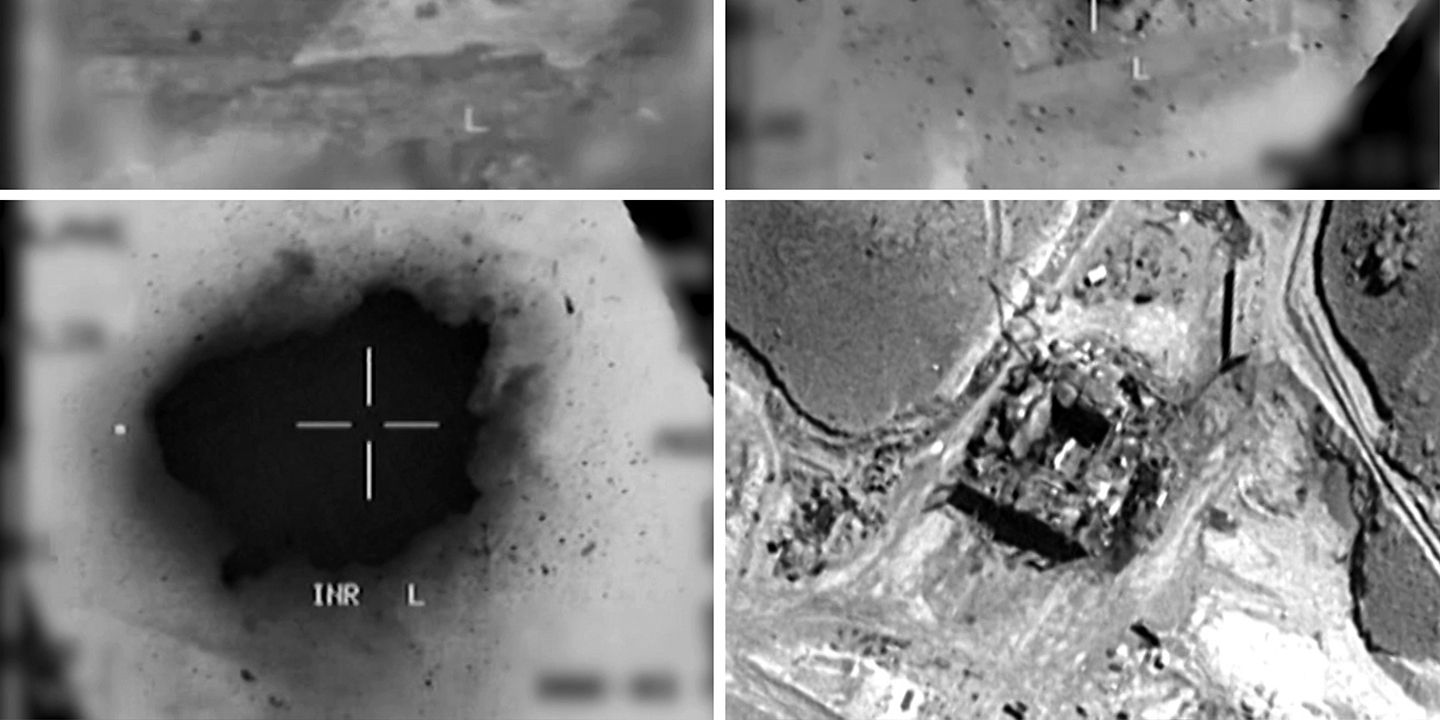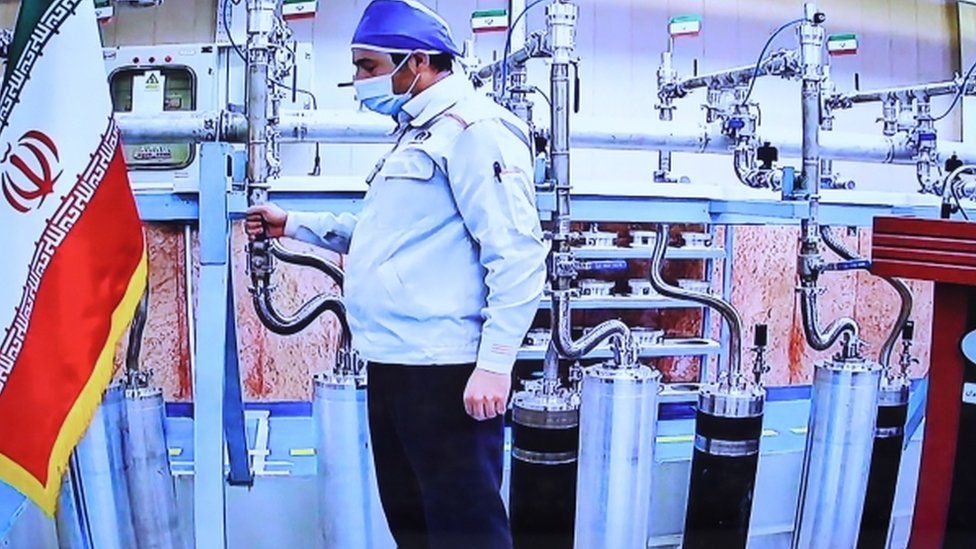
Moreover, it also exposed Iran’s weakness to international pressure, as even if Iran indeed tried to utilise the agreement to gain time, it did so because the sanctions were detrimental to its economy,” said Voller.įor Israel, however, this was insufficient. “The original JCPOA did postpone Iran’s nuclear arms programme. It raises the question of what the 2015 JCPOA did achieve. Moreover, while the JCPOA extended the time it takes Iran to manufacture a nuclear weapon, it did not eliminate Iran’s future nuclear capabilities since the regime had already obtained the required know-how and Iran was allowed to maintain its nuclear infrastructure. Netanyahu’s stance was not a surprise as the deal included rather controversial aspects that were difficult to reconcile with Israel’s security concerns. Obama called the deal “historic” while Netanyahu called it a “mistake of historic proportions”. Tehran would henceforth be subjecting its nuclear programme to inspections until 2025.

On April 2, 2015, the actors involved agreed to the JCPOA. However, besides becoming persona non grata to many Democrats and Obama, Netanyahu did not achieve his goal.

Netanyahu opposed the deal ab initio and even ignored Israel’s traditional bipartisan stance on US politics when he addressed the US Congress, taking aim not only at the JCPOA but also then-US President Barack Obama. In exchange, the United Nations, European Union, and US gradually lifted their devastating economic sanctions against Iran. “In any case, some of the actions that have been related to Israel and the US have already caused considerable damage to the Iranian nuclear programme, so a preemptive strike is not necessarily the only viable option to delay the Iranian nuclear programme.” ‘Mistake of historic proportions’Īfter 12 years of talks, the United States, United Kingdom, China, Russia, and France as well as Germany adopted the Joint Comprehensive Plan of Action (JCPOA) in 2015 to monitor and limit Iran’s nuclear programme. He argued that, as the latest incidents have shown, Israel’s option to target the programme effectively is much broader than a mere preemptive attack. However, there are also no less influential voices that point out the risks and challenges,” he said. “There are those in Israel who call for a preemptive strike. Israel’s history does indicate a proclivity for potential preemptive attacks to protect itself, however, and such a move cannot be ruled out if a new nuclear deal is concluded, Voller added.

Neither side has an interest in escalating the situation but, naturally, conflicts sometimes do spiral.” “This could be reminiscent of summer 2006, but with the potential to being even more devastating. A greater risk is a local conflict between Israel and Iran’s proxies in the region, particularly Hezbollah,” Voller told Al Jazeera. “I do not think the shadow war will turn into a full-blown conflict between Israel and Iran. However, Voller said a hot war remains unlikely despite Israel’s best efforts. Yaniv Voller, senior lecturer in Middle East politics at the University of Kent, said Israel’s efforts against Iran’s nuclear programme – often described as “the shadow war” – are likely to continue given the positive events in Vienna after Tehran’s recent negotiations with world powers on the nuclear accord. “Those supporting Netanyahu’s view of the Iranian regime are steadfast in their view that the Islamic Republic cannot be deterred through conventional forms of deterrence and a military strike is needed,” said Mabon. Simon Mabon, a professor of international politics at Lancaster University, told Al Jazeera that within Israel, and particularly in the government, hawkish elements will continue to play a leading role moving forward on Tehran’s nuclear programme. Israel has neither confirmed nor denied its involvement.īenny Gantz, Israel’s defence minister, said in March his country has drawn up plans to strike Iranian targets if Tehran continues its nuclear escalation.
#Shadow president nuke israel series
Israel’s opposition to the nuclear agreement seems to go beyond words, however, with Iran accusing it of assassinating its top nuclear scientist and sabotaging its main nuclear facility Natanz in a series of attacks.

The Mossad spy agency chief Yossi Cohen – a close confidant of Prime Minister Benjamin Netanyahu – met Biden on Friday and, according to one media report, pressed the US president not to sign back on to the nuclear accord unless “improvements” were made.Īn unnamed senior Israeli official is quoted as saying Biden responded that the United States “is not close” to returning to the Iran deal, Axios reported. Israel, however, continues to see its security jeopardised by a potentially nuclear Iran and is trying to thwart negotiations any way possible. US President Joe Biden is pushing to reinstate Iran’s nuclear deal and weeks of talks in Austria appear to be bearing fruit.


 0 kommentar(er)
0 kommentar(er)
